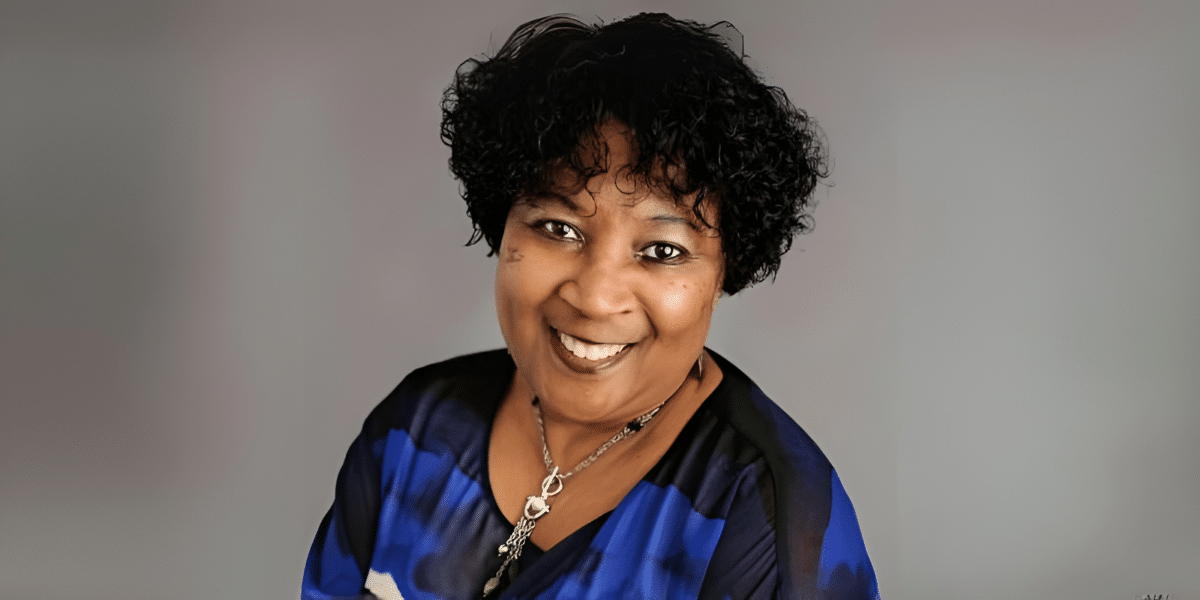By: Maria Williams
Money makes the world go around. Though defied by some, this universal truth is embraced by the forward-thinking part of the population that strives for financial readiness and independence. To address the economic needs of 21st-century people, Gwendolyn Calhoun, a licensed and certified financial advisor based in Franklin, Pennsylvania, provides an all-encompassing array of services, from meticulous investment strategies and budgeting guidance to tax liability counseling.
Now an outcome-driven catalyst of change in the financial landscape, Gwendolyn’s career began in the heart of courtroom chaos, where she worked as a stenographer for over three decades. What ignited the change in her professional path was an epiphany—an ‘Oh no!’ moment during COVID-19, when Gwendolyn realized the assets and investments she had put in place weren’t nearly as secure as she once thought.
“The pandemic was all about uncertainty and anxiety. Just like most people, I was worried about the future,” she recollects. “I had an IRA, other investments, and substantial savings. But despite that, when I looked at my finances, I realized I wasn’t saving enough, my economics weren’t in order, and I was setting myself short for retirement.”
Motivated to feel financially ready for the future, Gwendolyn began working alongside a mentor, learning the ropes of budgeting, planning, and saving. That process, more than honing her skills and expertise, sparked another realization—there was a nationwide knowledge gap in economic prowess.
A general lack of urgency is what Gwendolyn ascribes to that void, saying, “Too many people believe they have all the time in the world to start planning for retirement. Truth is, the sooner, the better. If you start saving with 30 years to spare, it will cost you less than if you were to wake up at the age of 50. It’s much easier to put away $500 for 30 years than $5,000 for five or ten.” Fueling that problem is the deficit of the right education, one that prepares people since youth to tackle financial obstacles by equipping them with 21st-century-readiness skills.
More than hindering one’s chances for a serene, stress-free retirement, Gwendolyn believes that financial illiteracy propels the homeless problem. “Especially in the US, where homelessness rates are rising year-by-year, we have to delve deeper into the problem. Homelessness is not always a result of laziness,” she stresses. “Sometimes, it’s the aftermath of employees not knowing how to manage their finances. It’s not fair for people to work two or three jobs and barely be able to afford rent and monthly utilities.”
After leaving the courthouse realm, Gwendolyn, driven by her growing understanding of the issue, devoted her time to becoming a licensed financial advisor. As a freelance broker, she has collaborated with nearly 100 agencies, always dedicated to providing comprehensive and targeted solutions to diverse challenges people face. “I realized that the more educated I became, the more ready I felt for retirement or any emergencies,” Gwendolyn adds. “Now, I strive to empower others and help them feel protected in case of a sudden illness, inability to work, or an unexpected costly event.”
To fuel her mission of raising awareness, Gwendolyn forms meaningful connections with anyone she meets, delves into the cold outreach territory, and garners attention during live events. Dedicated to teaching clients how to make the most of the money they are earning, she curated a results-driven 3-step process to financial freedom:
1. Budgeting – knowing what and how much money is coming in and out;
2. Asset analysis – scrutinizing current policies, insurance, and investments;
3. Comprehensive assessment of all financial responsibilities and sources – aligning income, work, pension plans, 401K or IRA situations, and planning for retirement.
Though Gwendolyn addresses the needs of all clients, she specializes in guiding women and retirees. She explains, “I have seen women struggle with finances so many times. Too often, they rely on the men in their lives to make economic decisions, rarely taking the time to educate themselves. Then, if something happens to their husbands or they get divorced, they find themselves in a really difficult position, unable to seamlessly navigate the future. Retirees are another group that struggles; they have been brought up in different times, and not enough of them have put in the effort to shift their mindsets toward modern-day reality and needs.”
Looking into the future, Gwendolyn hopes to train more passionate financial advisors, fostering a thriving environment where all people can find guidance. “There is a lack of awareness, lack of financial education, and lack of urgency,” Gwendolyn affirms. “I want to use my story to ignite change in the mindsets of people. I want to reach as many as I can before they reach that ‘Oh no!’ moment like I have. Financial literacy is not about tackling problems when they arise; it’s about putting plans and measures in place that keep you financially protected and ready for any challenges.”
Disclaimer: This content is for informational purposes only and is not intended as financial advice, nor does it replace professional financial advice, investment advice, or any other type of advice. You should seek the advice of a qualified financial advisor or other professional before making any financial decisions.
Published By: Aize Perez

















